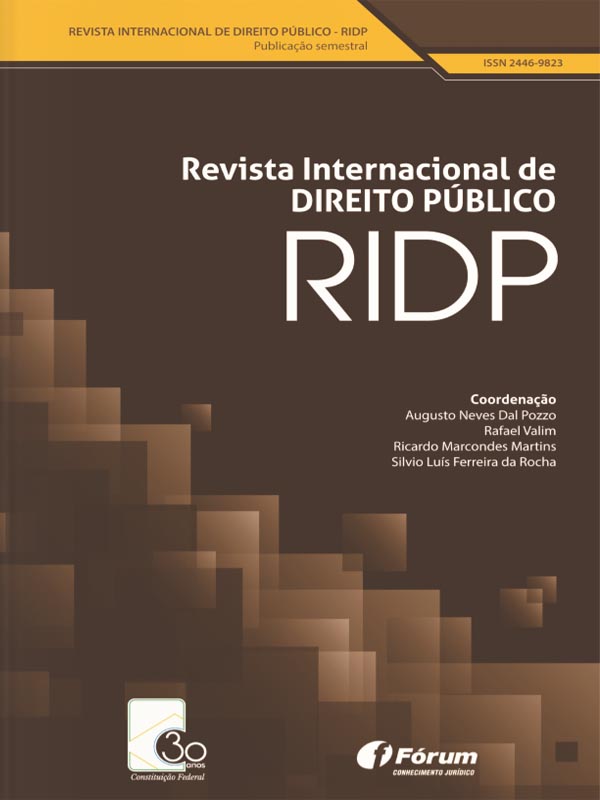Comparative hate speech laws: a study between the Ellwanger case of Brazil and the Skokie case of the United States considering international human rights treaties
DOI:
https://doi.org/10.64537/ridp.v8i14.1074Parole chiave:
Hate speech, Racial discrimination, Free speech, Internacional LawAbstract
The present contribution analyzes in a functionalist comparative method the criteria utilized by the Brazilian and American jurisdiction to limit free speech. By focusing on the issue of 'hate speech', the author examines two landmark cases in each jurisdiction. After individually assessing each domestic constitutional doctrine, the findings are evaluated by the interpretation of the lnter American System of Human Rights and the Committee on Elimination of Racial Discrimination, ruling bodies of the American Declaration of the Rights and Duties of Men and of the lnternational Convention on the Elimination of AII Forms of Racial Discrimination. The normative assessment concludes with the identification of the Brazilian jurisdiction as containing the most accepted interpretation on the llmitation of free speech in hate speech cases.
Downloads
Downloads
Pubblicato
Come citare
Fascicolo
Sezione
Licenza
Copyright (c) 2023 Revista Internacional de Direito Público | RIDP

Questo lavoro è fornito con la licenza Creative Commons Attribuzione - Non commerciale - Condividi allo stesso modo 4.0 Internazionale.


